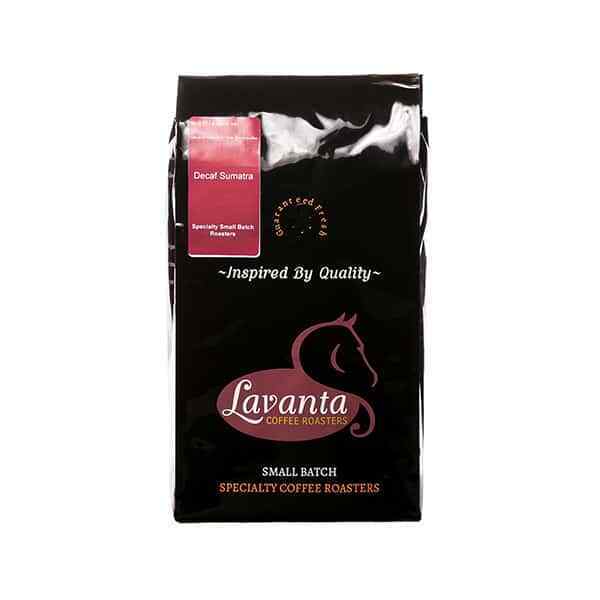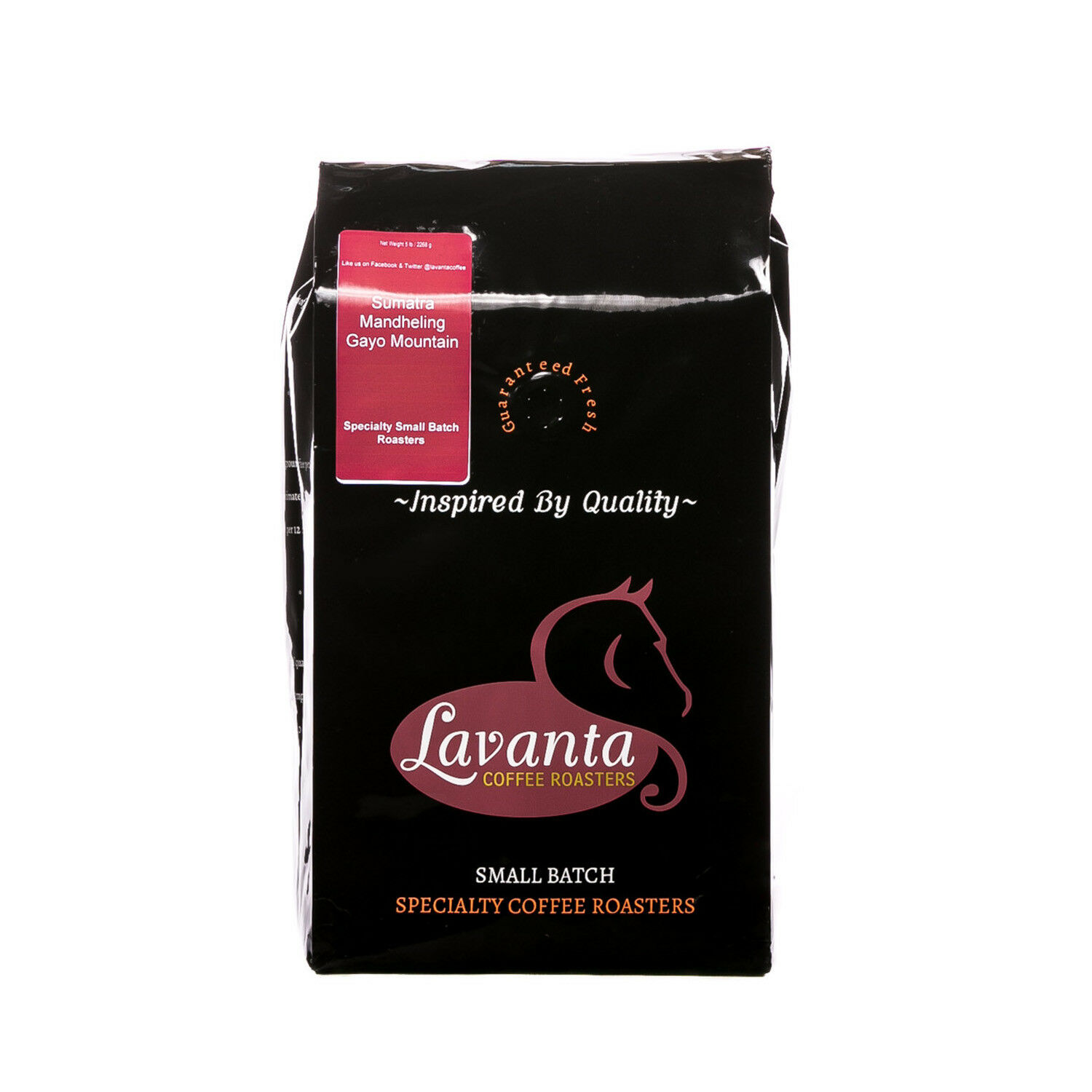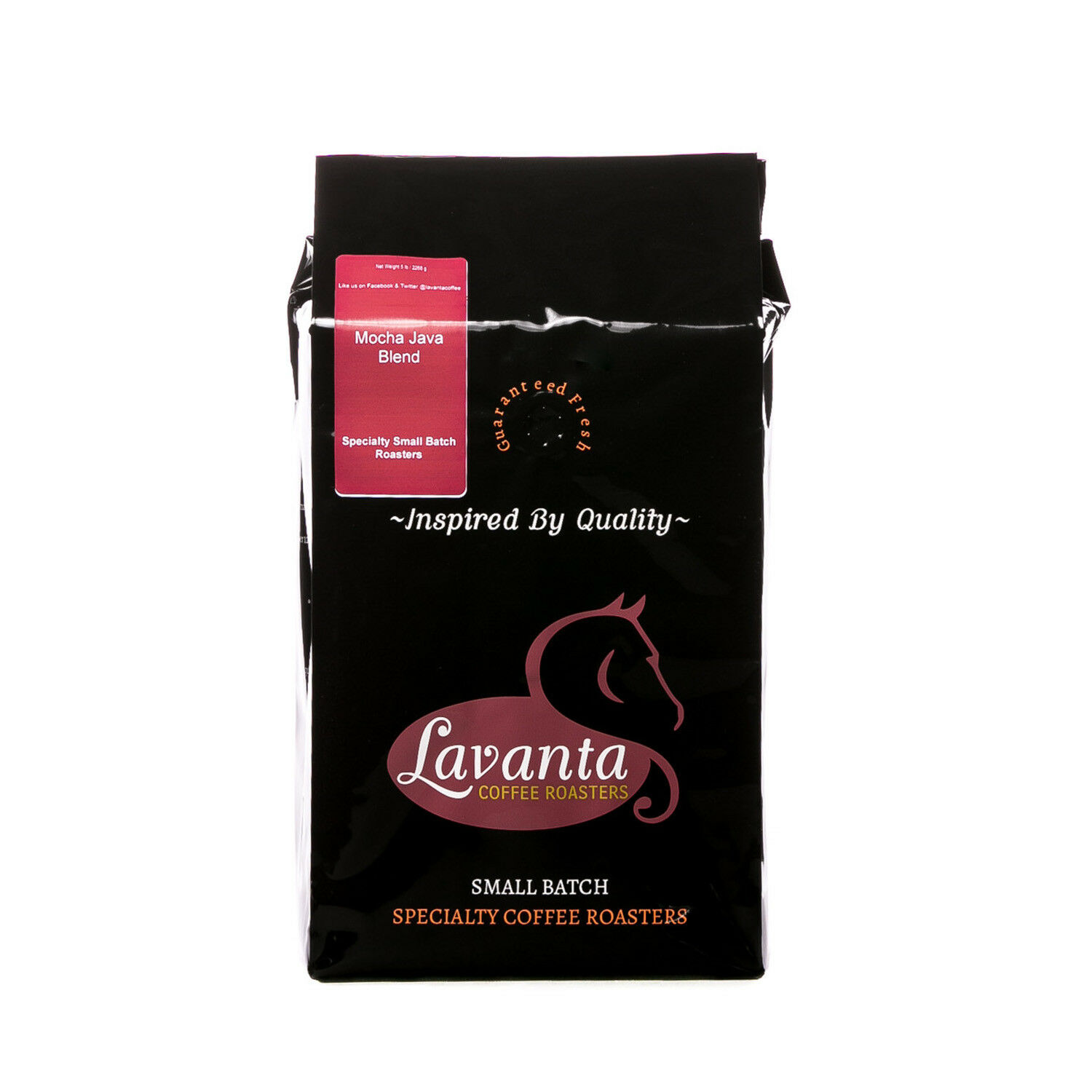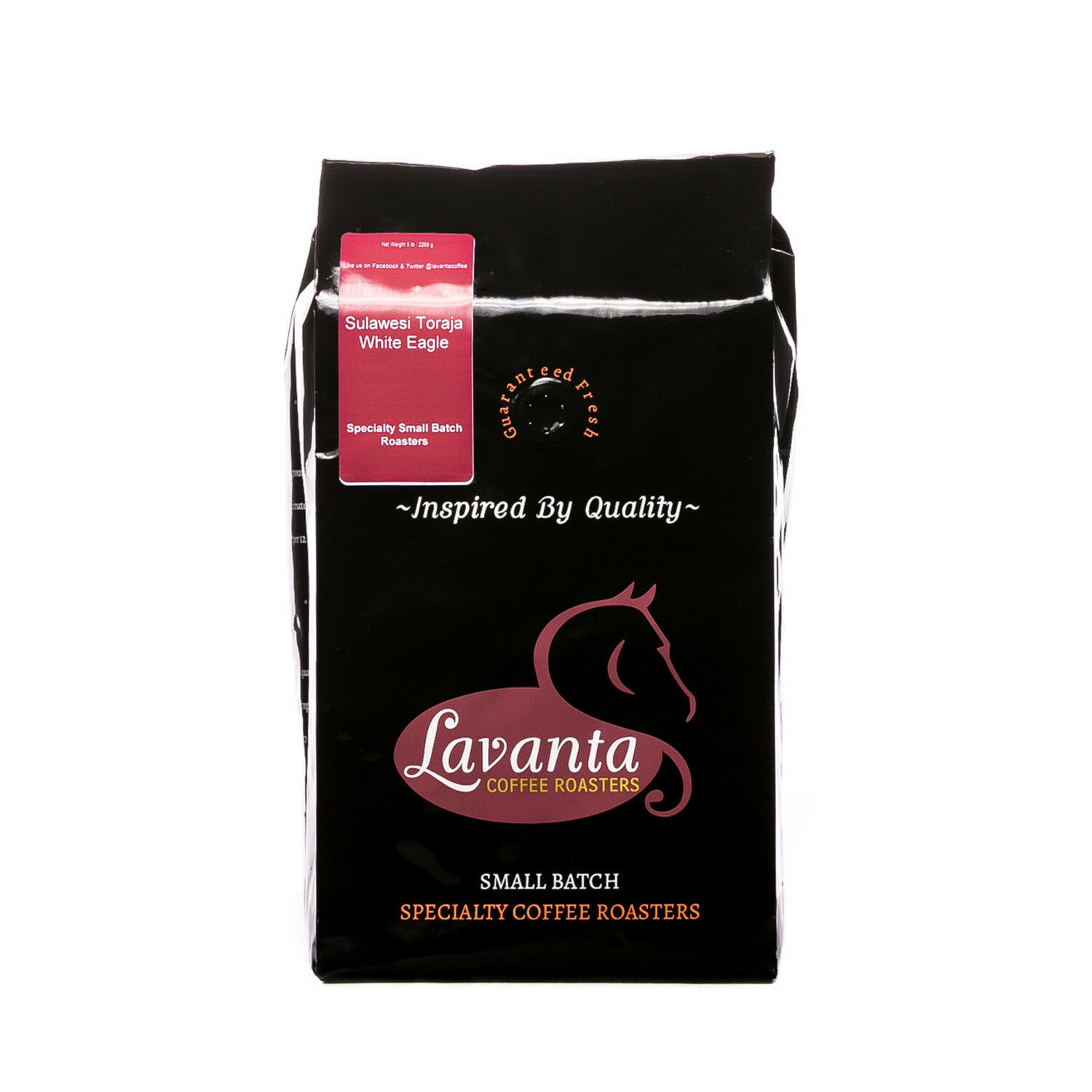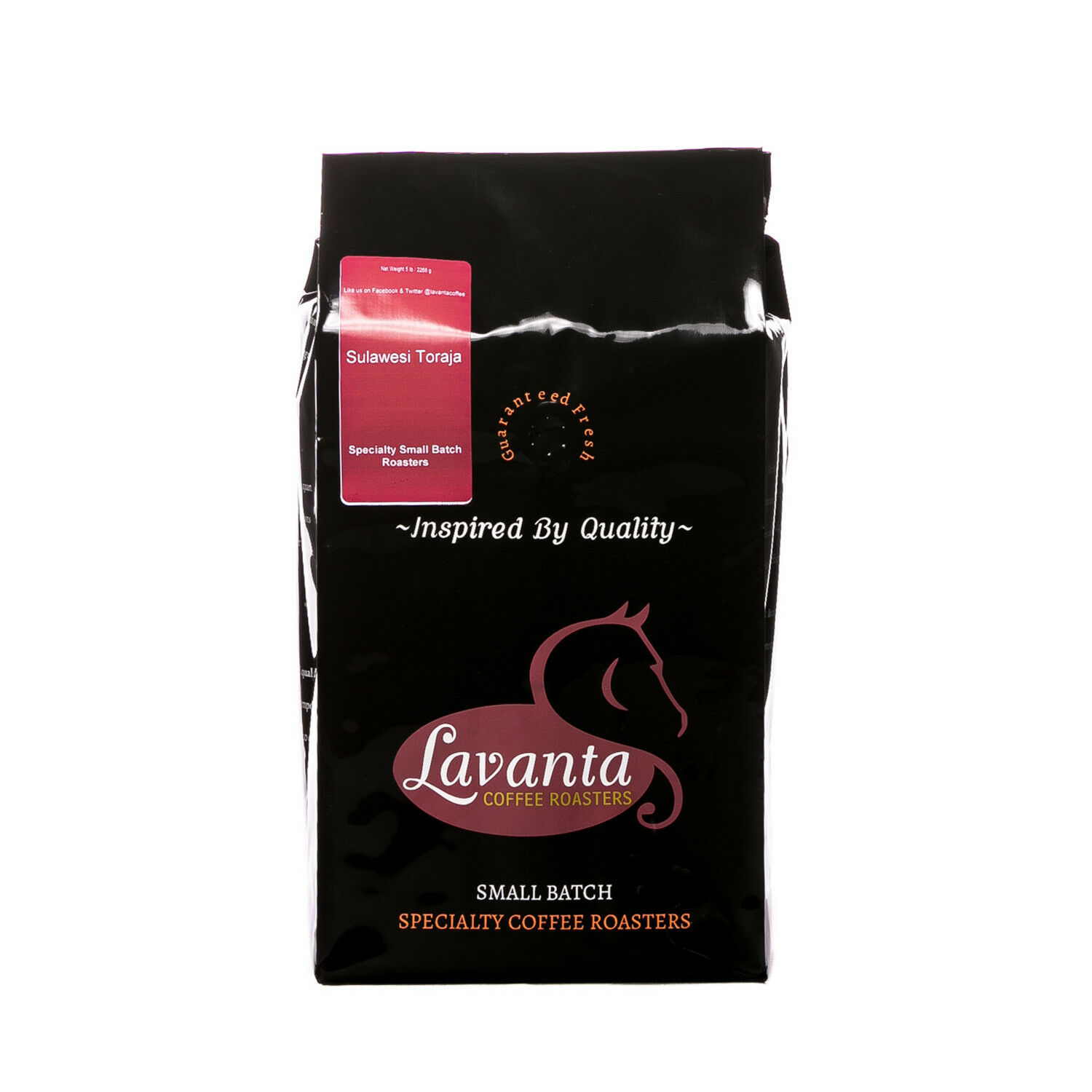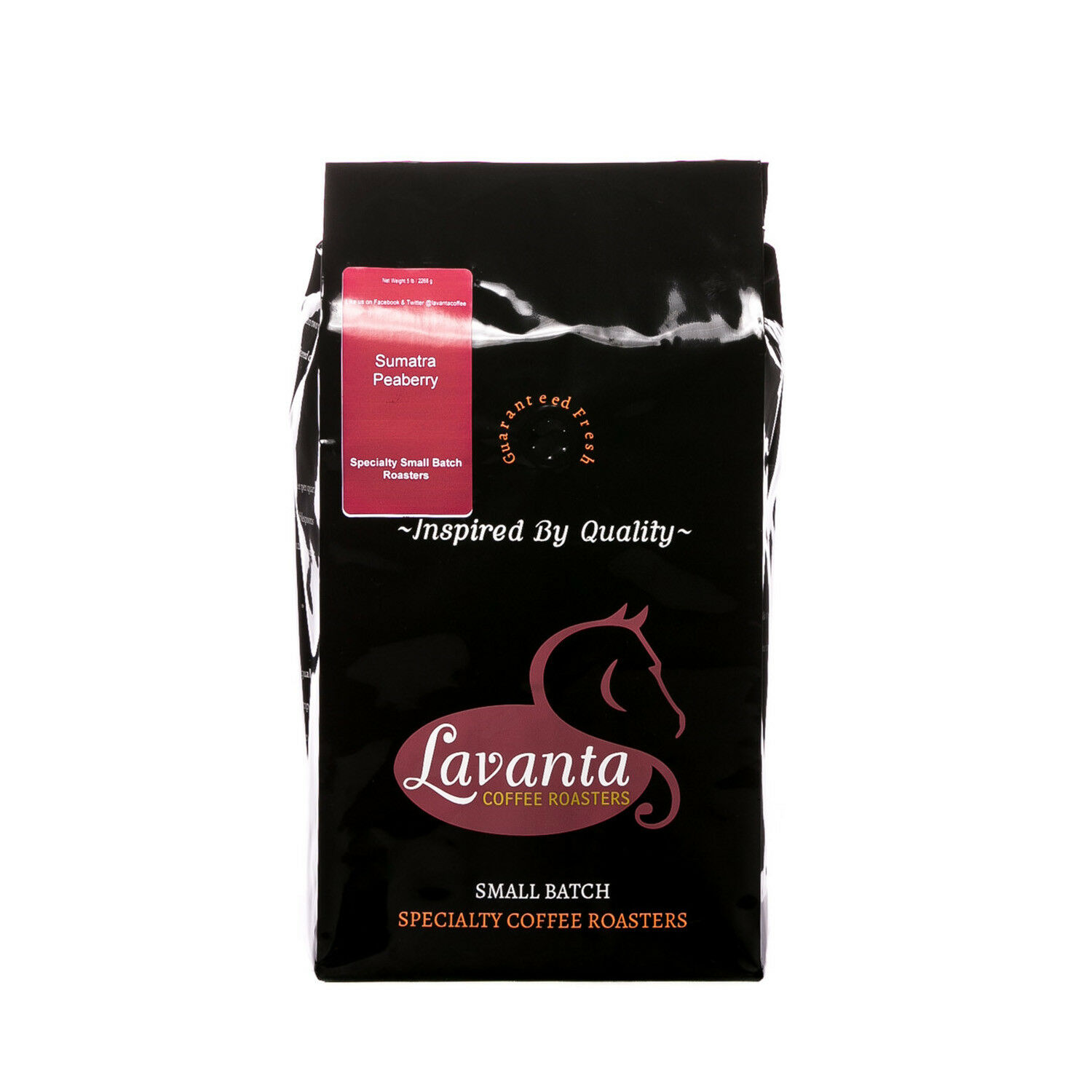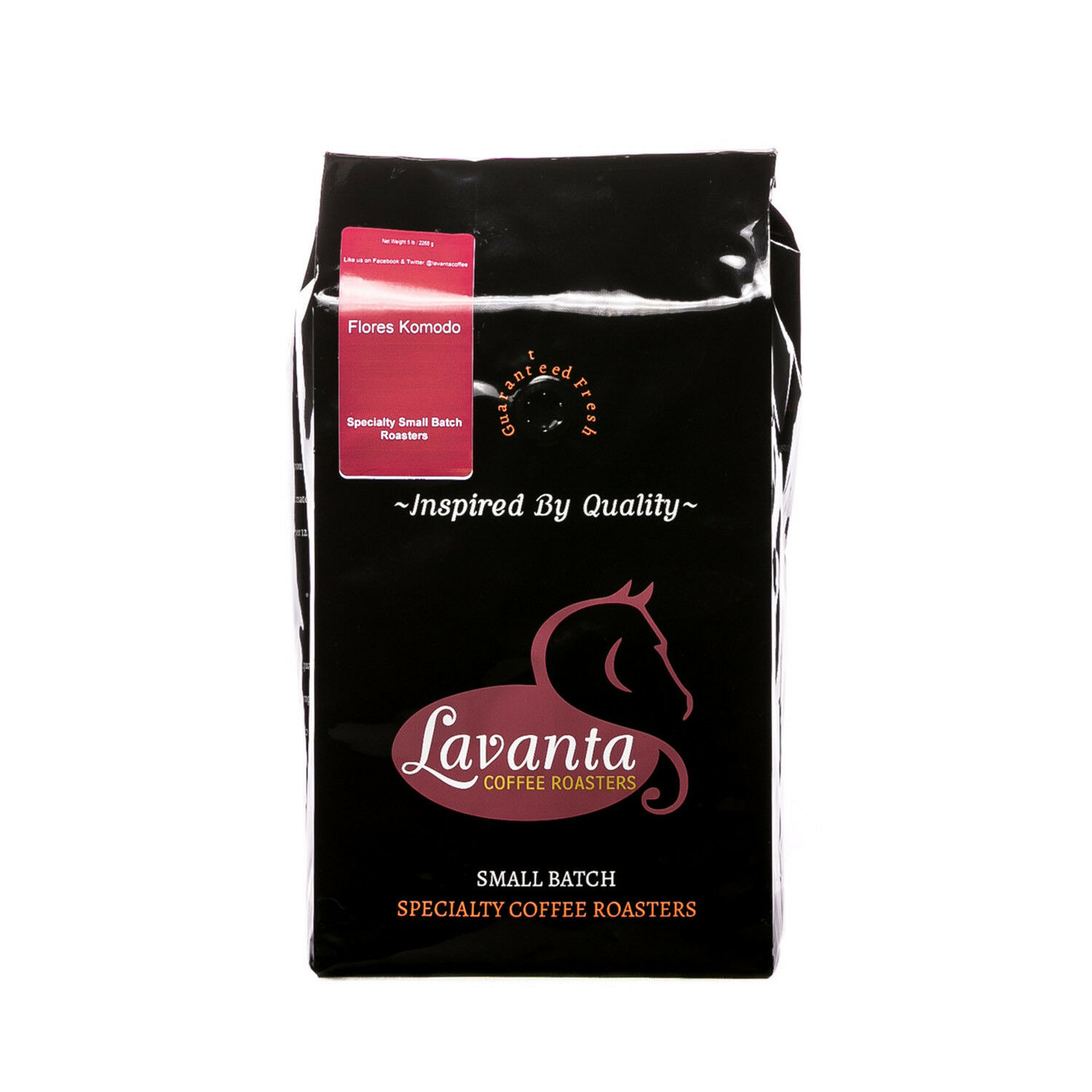-40%
5 LBS ETHIOPIAN ETHIOPIA LEKEMPTI GREEN UNROASTED COFFEE BEANS - ARABICA
$ 16.89
- Description
- Size Guide
Description
5 Lbs of Fresh Green Un-RoastedArabica
Ethiopian Lekempti Green Coffee Beans
ETHIOPIAN LEKEMPTI GRADE 4
Milling Process:
unwashed
Cup Characteristics
Mocha flavor, Blueberry & Blackberry, Chocolate, Caramel
Aroma:
Blossom
Body:
Balanced
Acidity:
Mild
INFORMATION
Lekempti: Ethiopian Lekempti coffee is grown in the regions of Ghimbi and Wollega and has a brew like that of Harrar longberry varieties – low to mild acidity with a balanced body, but with its own unique dark fruit taste.
Lekempti is cultivated in Wollega region at an altitude of 1750-1800 meters above sea level.
Ethiopia is located in the horn of Africa and is bordered by Somalia to the Southeast, Djibouti to the east, Kenya to the south, Sudan to the east, and Eritrea to the northeast. It occupies the high plateau region between the Nile plains of the Sudan and Eritrea. Ethiopia is one of the largest countries in Africa with an area of over 1.13 million square kilometers. It has a rugged topography with altitudes ranging from around 100 meters below sea-level in the Danakil depression to 4,600 meters above sea-level in the Semien Mountains.
Ethiopia is the primary center of origin of the Arabica coffee plant. Coffea Arabica has been growing wild in the forests of the Southwestern Highlands of Kaffa and Buno districts of Ethiopia for thousands of years. As legend has it, coffee was discovered in Ethiopia in the 9th century by a goat-herder named Kaldi. He noticed that his goats became hyper after eating the cherries from the coffee tree, so he tried it himself. A monk approached Kaldi after he consumed the cherries and took some to his monastery. The monk roasted and brewed the coffee to share with other monks. As a result, they were able to stay awake during long nights of prayer. Since then, coffee has been widely accepted as a stimulant drink.
Ethiopia has over 70 ethnic groups that speak over 200 languages. As a result, coffee is referred to as Bunna (Amharic), Bun (Tigrigna), Buna (Oromifa), Bono (Kefficho), and Kawa (Guragigna). Some argue that most names for coffee are derived from the names of the districts Kafa and Buno. The French and Spanish call it Cafe, the Italians call it Caffe, the Germans call it Kaffee, the Finnish call it Kahvi, the Dutch call it Koffie, and the Greek call it Kafes. All are phonetic approximations of the Ethiopian word.










